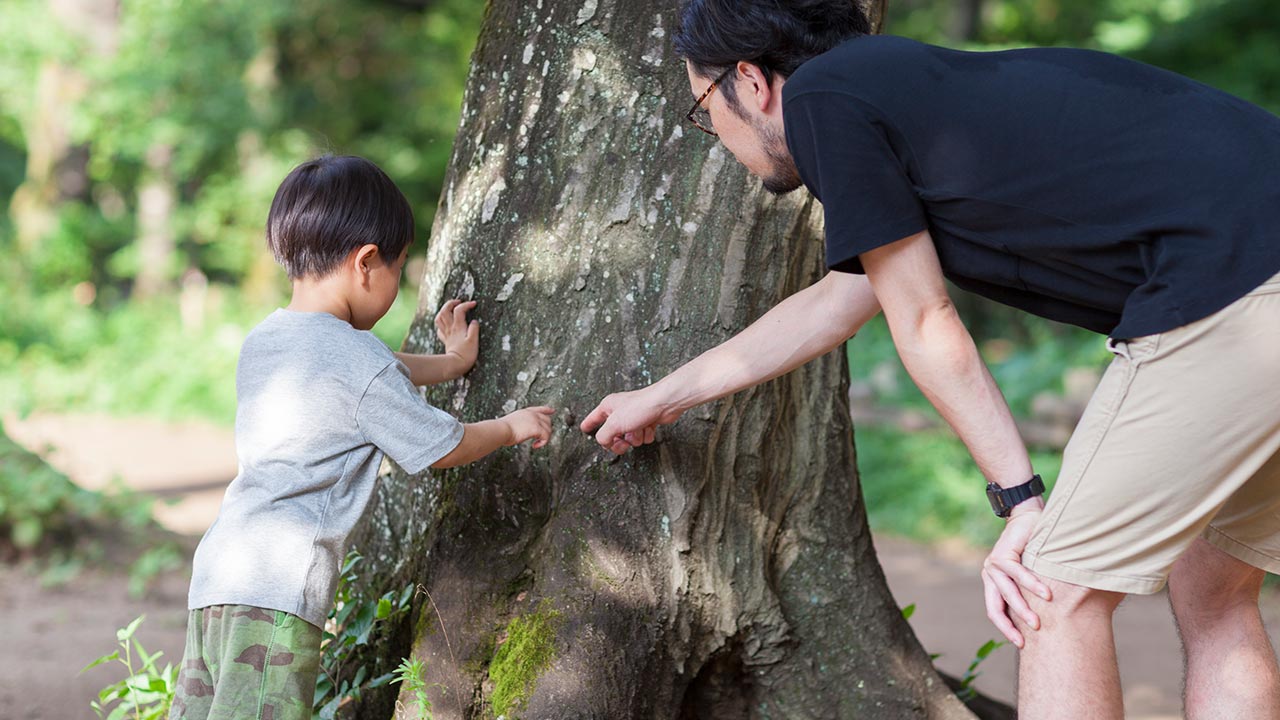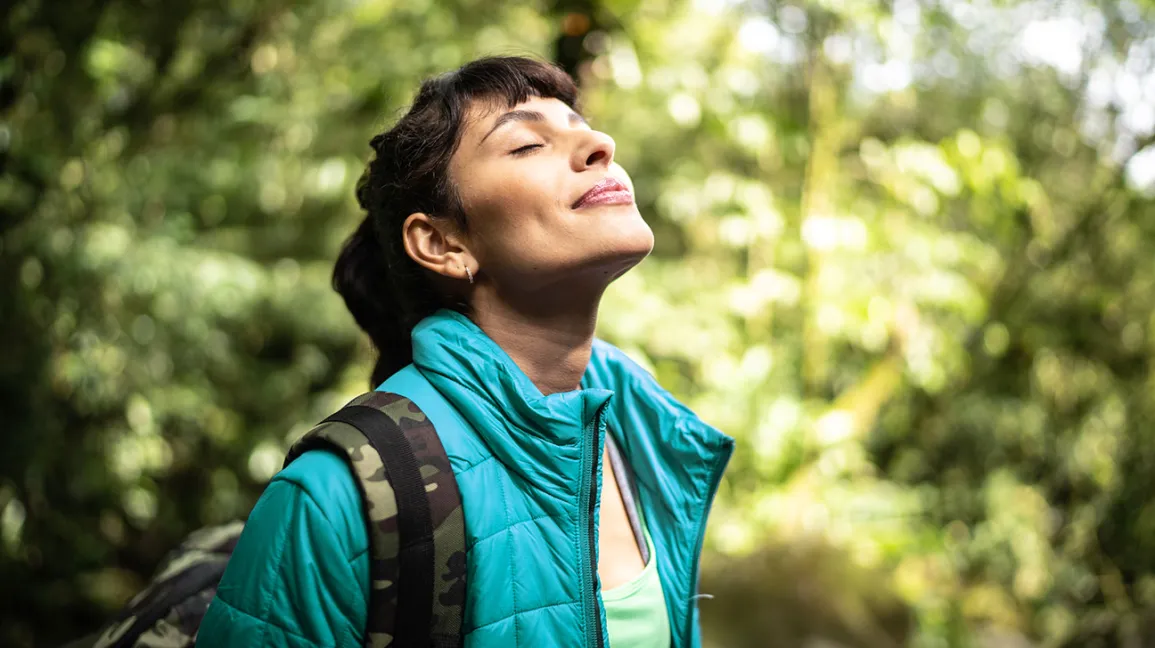Research shows that adolescent depression has been on the rise for the past 20 years. Three million 12-17-year-olds reported depressive symptoms prior to the pandemic.
The World Health Organization (WHO) reports that the prevalence of mental health disorders like depression and anxiety rose by 25% worldwide during the epidemic. These mental disorders are becoming a major social issue, and they have the potential to make millions of individuals unstable.
The World Health Organization also reports that there is a shortage of effective therapies for patients. Drug companies are unable to develop effective anti-depressants. Even with medication, pain relief is only ever temporary.
Instead of focusing on relieving depressive symptoms, we should be taking preventative measures to ensure we don’t ever experience them in the first place. Even if that’s difficult to admit at the time, depression in adults often has its roots in early life.
Studies have shown that people who suffered from depression as teenagers usually experience difficulties in these areas as adults, as well as in their friendships, physical health, work output, and general happiness.
Psychological Development in Teenagers

A crucial period in our mental development is early adolescence. In our formative adolescent years, we become more conscious of who we are as individual people and much more responsive to how others perceive us, as well as to how we perform academically and athletically.
When it comes to adolescent mental health, the wounds inflicted by the world around them can be deep and long-lasting. If you have supportive relationships with your parents, siblings, classmates, and friends in your shared interests, you will be better able to weather the storms of emotion.
Experts on mental health agree that regular exercise is helpful for maintaining healthy mental states. Endorphins and adrenaline, two feel-good neurotransmitters, are released in the brain in response to physical activity, elevating one’s mood.
In order to combat their depression, many individuals are told by mental health doctors to start working out. A daily walk of even just 10 minutes can help. Families with young children are advised to take walks together on a regular basis to foster closer bonds and instill values that will serve them well into adulthood.
Walking in Nature

It would be the next logical step to take the kids on some family walks outside. Spending time in natural settings has been shown to have a positive effect on people’s mental and emotional well-being.
If your teenagers show no interest in spending time with the family, you may need to get creative in making nature walks more interesting.
Even in the midst of a bustling metropolis, you may find places to get in touch with nature. Play a game of hide-and-seek or download an app that can help you identify different types of plants. Do some bird watching with some binoculars. Gather some friends and enjoy a picnic at the park or on the beach. It would be fun to go rock-collecting, so remember to bring a canvas bag.
Hiking is a great way to get your child into nature and bond with the family, even your dogs. This will not only keep your kids active, but expose them to the wonders of nature, feel the soil and the different textures of leaves as you hike up your cabin. Add hiking to your next family vacation by checking out Slingo.com where you can find your next holiday hiking destination.
Awareness of the root causes of mental health problems is crucial for their prevention. If depression and anxiety treatments are ineffective, prevention is the best option.
Mental health doctors recommend getting out and interacting with nature after a period of restriction of two years. Lockdowns have had a devastating effect on our emotional well-being.
Increasing numbers of people are reporting problems with their mental health, which raises serious concerns about social progress. A lack of social interaction, along with the stresses of the economy, can have a devastating effect on a person’s mental health.
Numerous research has pointed to the positive impacts of social interaction on both mental and physical health. Being with supportive friends and people with similar interests might boost one’s mood and motivate one to get more exercise.
War prisoners are tortured horribly by their captors through social isolation. Isolation causes mental and physical breakdowns, and even death, even in otherwise healthy and functional people. A clear correlation between social interactions and health in the wider public has been demonstrated by social scientists over the past few decades, expanding beyond the findings of extreme social deprivation.
There is, however, mounting proof that time spent in nature can have a positive effect on one’s health.
Positive emotions, increased empathy, and sharper mental clarity are just some of the results. Getting outside into nature with loved ones is the cure for social isolation after two years.
The Benefits of Nature

According to scientific consensus, nature has undeniable health benefits. Despite their inability to explain the healing power of nature, they recognize its efficacy. Numerous studies have shown that spending time in natural settings is beneficial for human psychological, physiological, and emotional well-being.
Taking advantage of nature’s curative powers is a time-honored tradition in Asia. Forest bathing (shinrin-yoku) is a popular activity in Japan for its beneficial effects on the body and mind. To practice shinrin yoku, one must go into a silent, meditative condition while sitting or reclining amongst trees.
If the thought of channeling higher powers makes your skin crawl, a simple walk in the woods can help you relax and restore your mental and emotional health. Even walking in your neighborhood park has been found to improve health.
Getting children and teenagers outside and into the outdoors is of paramount importance. According to studies, there has been a negative impact on students’ mental and emotional health from the last two years of lockdowns. If this isn’t dealt with now, it will have lasting consequences even into maturity.
Even before the epidemic, mental health problems were on the rise. There was a 63 percent increase in the prevalence of depressive symptoms among young adults in 2018 and a 52 percent increase among teenagers. The epidemic saw a dramatic increase in the number of adolescent suicides.
Teenagers who are depressed may not want to go on nature walks with their families, but they may be open to doing so with their friends. Activities like abseiling, kayaking, mountain biking, and zip-lining are great for teenagers.
Why not make nature walks fun for younger kids? Making healthy choices a normal part of childhood will help children maintain those choices as adults. And one of the greatest things to do is to get outside and enjoy the natural world, especially if you’re stuck in an urban environment.

